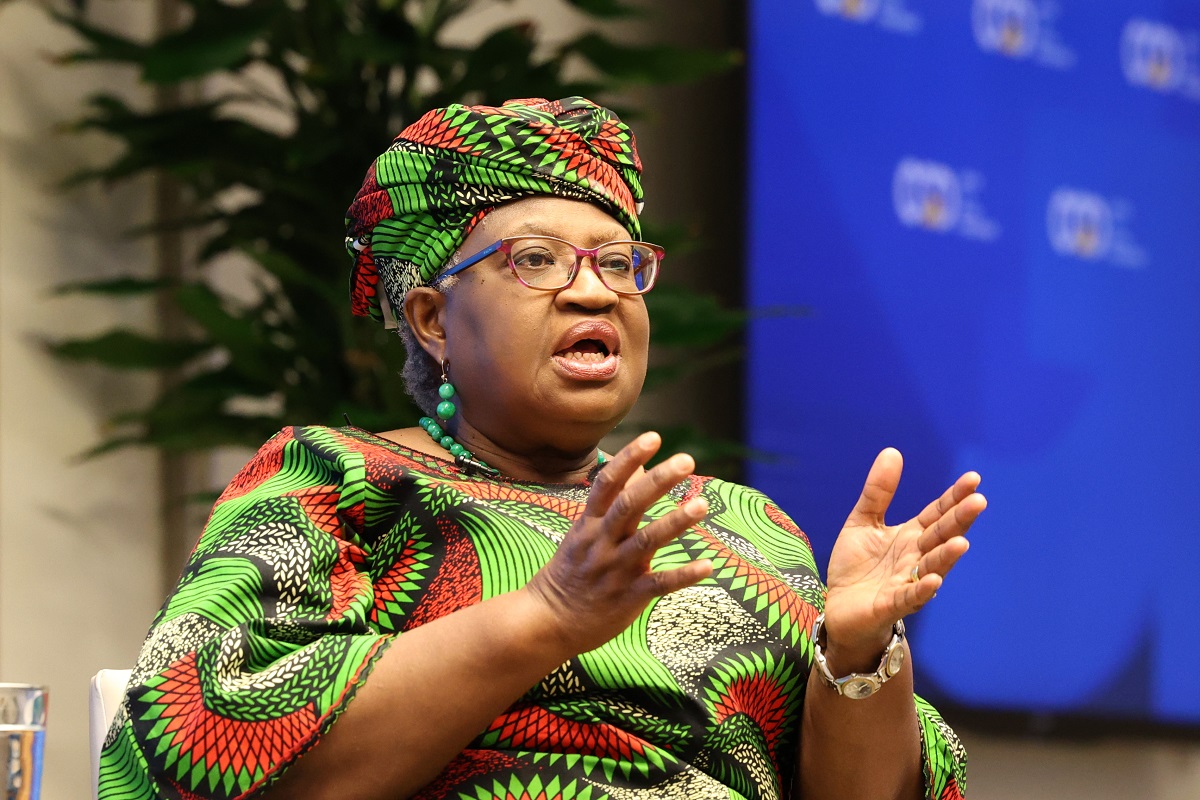The Senate Finance Committee held a hearing this week to discuss motivations and options for reforming U.S. trade preference programs. The session touched on how U.S. trade preferences affect developing countries, and questioned how they could be improved to reflect shifting global challenges.In their opening statements, Finance Committee chairman Max Baucus (D-MT) and ranking member Charles Grassley (R-IA) both underscored the positive connection between U.S. trade preference policies and development. They lauded the past and potential benefits of U.S. preference programs to developing countries and expressed their respective ambitions for reform. Their comments exemplify the notion that preference programs are powerful tools for rich countries, such as the U.S., to stimulate exports, to reduce poverty, and to promote stability in the world’s poorest countries—and to further our development and foreign policy goals. However, the existing U.S. programs are complex and exclude some commodities that poor countries can produce competitively, such as agricultural products and clothing. Because their exports tend to be concentrated in a few sectors, even a small number of exclusions restrict developing countries’ export opportunities, and their chances to expand economic activity.Both Senators emphasized the need to make preference programs more predictable, recognizing that stability encourages international investment. (Three of the six U.S. programs—the Generalized System of Preferences (GSP), the Andean Trade Preferences Act, and the Caribbean Basin Trade Partnership Act—are set to expire later this year.) Senator Baucus also suggested linking country eligibility criteria with stronger labor standards, while Senator Grassley called for firmer graduation provisions. Senator Wyden (D-OR), chairman of the Finance Subcommittee on Trade, contended that preference programs should not benefit countries that commit human rights abuses.Among the five panelists, Eric Gresser, senior fellow and director of the trade and global markets project at the Democratic Leadership Council, received the bulk of the Senators’ questions. In his testimony, Mr. Gresser urged the committee to consider reforms that expand benefits to a larger number of developing countries, particularly those in the Middle East and Asia.CGD senior fellow Kim Elliott, who leads the Global Trade Preferences Working Group, encouraged policymakers in other countries to follow suit:
Their comments exemplify the notion that preference programs are powerful tools for rich countries, such as the U.S., to stimulate exports, to reduce poverty, and to promote stability in the world’s poorest countries—and to further our development and foreign policy goals. However, the existing U.S. programs are complex and exclude some commodities that poor countries can produce competitively, such as agricultural products and clothing. Because their exports tend to be concentrated in a few sectors, even a small number of exclusions restrict developing countries’ export opportunities, and their chances to expand economic activity.Both Senators emphasized the need to make preference programs more predictable, recognizing that stability encourages international investment. (Three of the six U.S. programs—the Generalized System of Preferences (GSP), the Andean Trade Preferences Act, and the Caribbean Basin Trade Partnership Act—are set to expire later this year.) Senator Baucus also suggested linking country eligibility criteria with stronger labor standards, while Senator Grassley called for firmer graduation provisions. Senator Wyden (D-OR), chairman of the Finance Subcommittee on Trade, contended that preference programs should not benefit countries that commit human rights abuses.Among the five panelists, Eric Gresser, senior fellow and director of the trade and global markets project at the Democratic Leadership Council, received the bulk of the Senators’ questions. In his testimony, Mr. Gresser urged the committee to consider reforms that expand benefits to a larger number of developing countries, particularly those in the Middle East and Asia.CGD senior fellow Kim Elliott, who leads the Global Trade Preferences Working Group, encouraged policymakers in other countries to follow suit:
The U.S. Congress has been discussing expanded market access for the poorest countries for several years, and now is the time to act. The impact of U.S. reform would be multiplied many times over, however, if the other G-20 leaders simultaneously embrace this issue and jointly agree to improve their preference programs.
The forthcoming working group report, Open Markets for the Poorest Countries: Trade Preferences that Work, calls on all preference-giving countries, including emerging powers like Brazil and India, to move jointly towards trade preference reform at the G-20 summit in Canada in June and at the UN summit to review progress towards the Millennium Development Goals in September.We are pleased to see the Senate Finance Committee continuing to press these issues—this is third time in three years they have convened a hearing on U.S. trade preference programs. Meanwhile, Senators Baucus and Grassley are working with their counterparts on the House Ways and Means Committee to craft stand-alone preferences bills to benefit Haiti, an idea Kim Elliott
discussed in the aftermath of the earthquake. The timing on this legislation, however, remains
unclear.
CGD blog posts reflect the views of the authors, drawing on prior research and experience in their areas of expertise.
CGD is a nonpartisan, independent organization and does not take institutional positions.





